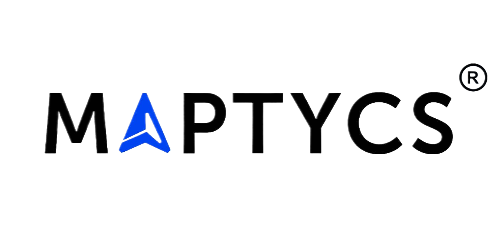

OUR VISION
Becoming a reliable industry-focused
enterprise software development &
product engineering company while
creating a happy community of
clients, employees, vendors and
society at large.
Successful projects
400+Happy employees
200+Satisfied clients
380+Team retention
80%Services
Offering wider spectrum
of services.
We provide a comprehensive range of solutions and insights customized to address every business challenge you are trying to solve.

Generative AI
Harnessing advanced artificial intelligence techniques to develop innovative, customized solutions aligned with client objectives.
Know more
Software Architectural Assessment
Assessing software system architecture to maintain the highest quality and performance standards.
Know more
Software Product Engineering
Building robust, adaptable and high-quality software products using advanced technologies and industry best practices.
Know more
Performance Engineering
Optimising applications for peak performance, ensuring smooth and scalable operations.
Know more
Machine Learning
Enabling organizations to optimize operations, extract valuable insights from data, and drive seamless innovation with ease.
Know more
Test Automation
Leveraging automated tools and frameworks to streamline and optimise the software testing process.
Know more
DevOps
Integrating software development and IT operations to enable faster, more efficient and reliable application delivery.
Know more
UX Design
Crafting intuitive and sustainable digital experiences that prioritize user satisfaction and engagement.
Know moreIndustries we work with
Delivering value to a
number of industries.
We bring unparalleled value to the industries we serve by delivering impactful solutions that drive growth.
Insurance
Elevating policy management, claims processing, remium payments, employee benefits management and beyond with our specialised insurance software solutions to drive profitable growth and efficiency.
Know moreMartech
Streamline your marketing strategies, enhance processes and drive growth with our comprehensive marketing software solutions.
Know moreHealthcare
Transforming Healthcare with Advanced HealthTech solutions for streamlined operations and enhanced patient care.
Know moreBanking and Finance
Empowering financial institutions with high quality software solutions for seamless transaction management, risk mitigation, regulatory compliance, improved customer experiences, etc.
Know more






What drives us
Leveraging our values that drive your business growth.
By leveraging our pillars of strength that is using the three Cs, we empower organisations to achieve business excellence to drive growth and maximize profitability.
Get to know us better
Core
Expertise
Leveraging our rich and diverse industry
expertise and perspectives to transform
challenges into opportunities.

Collective Approach
Sharing ideas and best practices across
business units to take grounded and
informed decisions.

Customer Centric
Fostering enduring relationships with
clients with a personalized approach
towards each project.
Trusted Clients
Trusted clients we work with.
Trusted clients we work with.




Our culture

Our culture
We listen, understand and empower our people.

At the heart of Benchmark, there is a passionate and dedicated team aligned on values and work ethic. These values shape our culture and help us work together.










